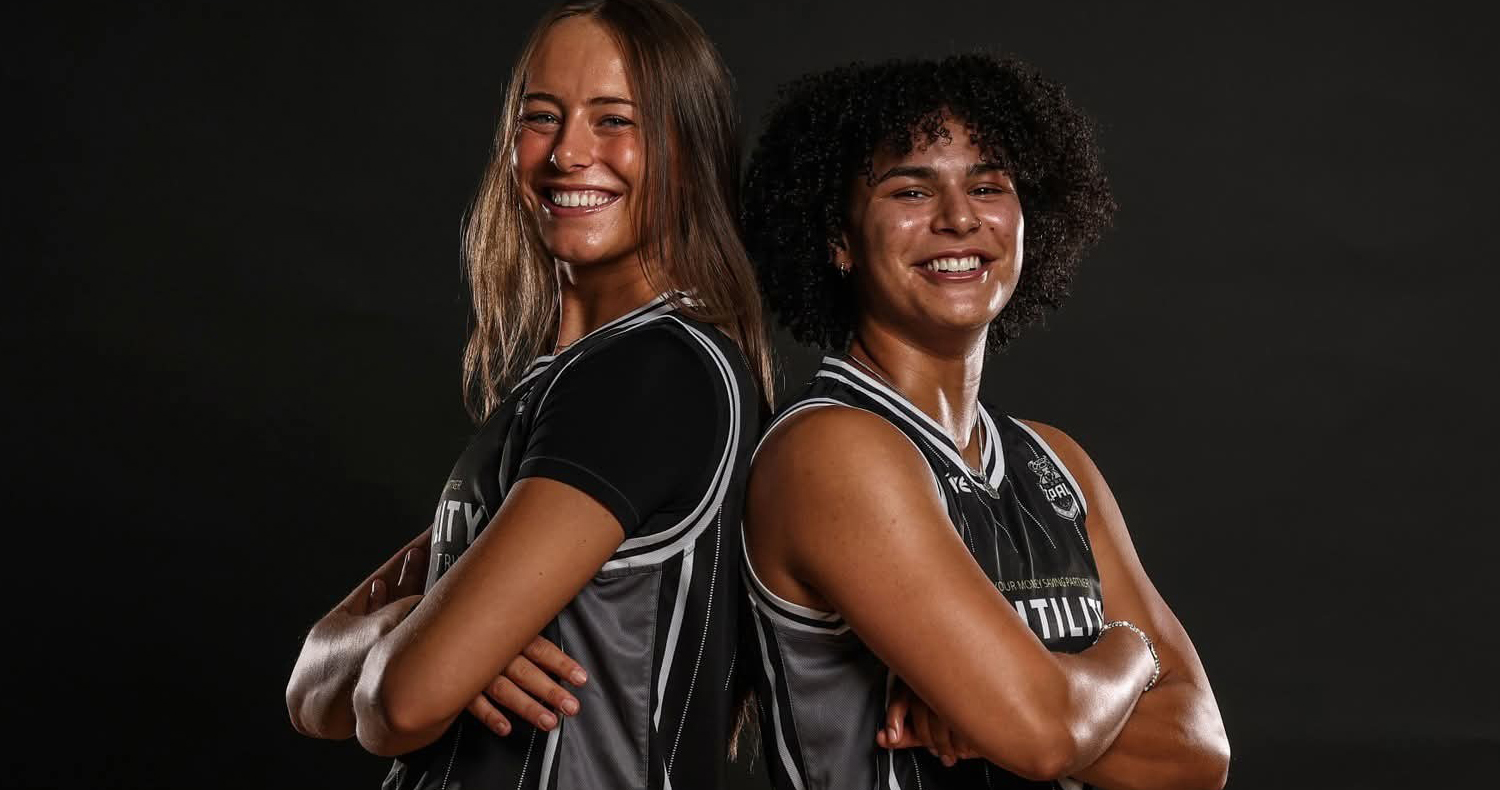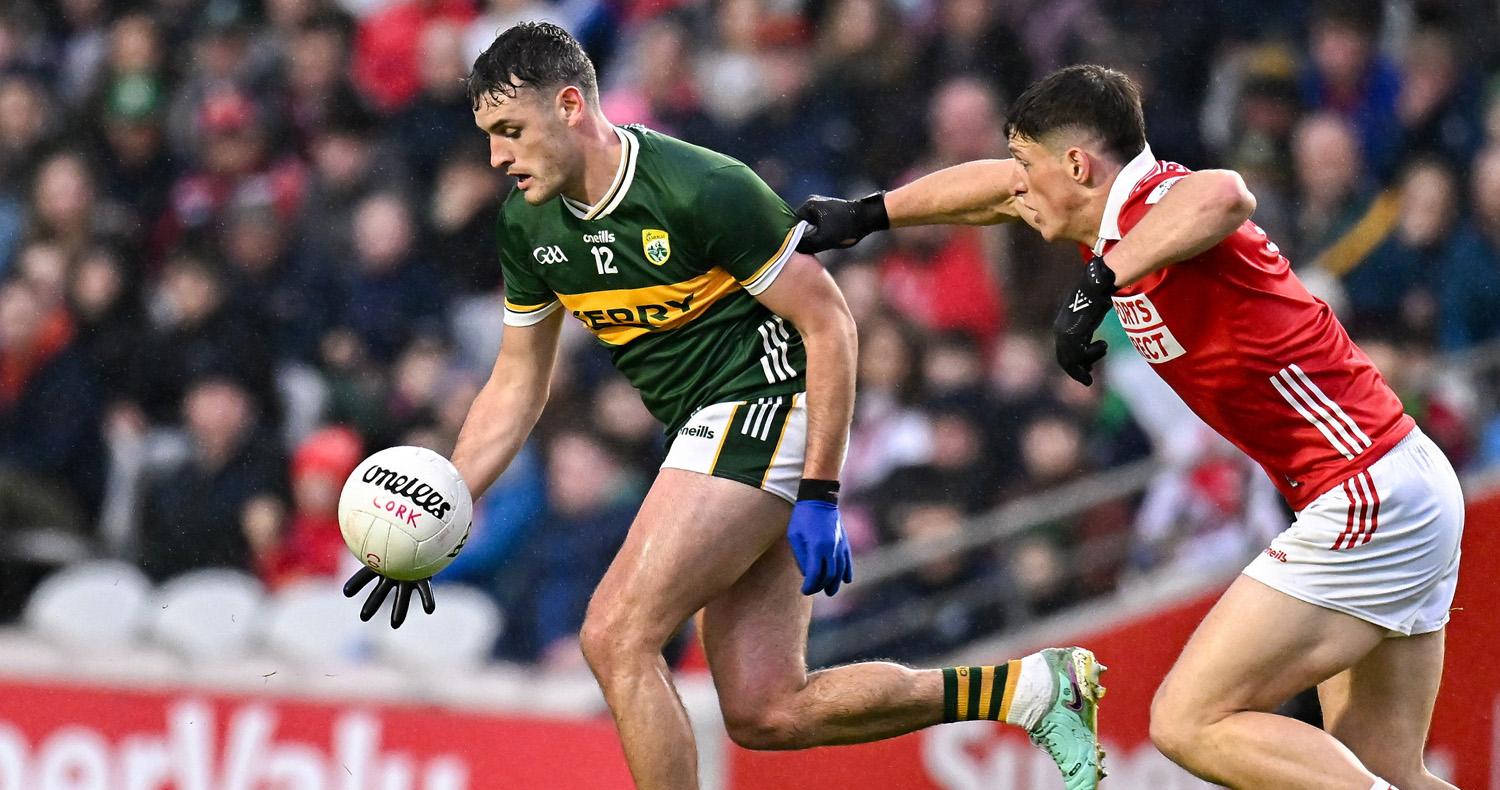Sport
What makes a female athlete a ‘lady’?

I
I came across a tweet the other day that raised an interesting point. (And with no live sport to write about, you better believe I’m going to milk it for all that it’s worth.)
BBC Sport presenter Sarah Mulkerrins posed the following question to her followers: “Am I the only one that would remove all mention of ‘ladies’ in women’s sport?” The replies were overwhelmingly in favour of Mulkerrins’ suggestion, with prominent journalists and reporters like Greg Allen, Kieran Cunningham and Jacqui Oatley all siding with the Irishwoman.
All told, of the 100-plus comments and quote retweets, at least 90% agreed that ‘ladies’ should be ditched from the sporting lexicon.
In a follow-up article, Fiona Tomas, a sports reporter for The Telegraph, explained why she “loathes” the word.
“Overt gender marking has always been an inherent problem for women in sport, but the term ‘ladies’ takes it to a whole new level. For me, the term screams physical fragility, reinforces sexist stereotypes and depicts sportswomen as inferior to sportsmen.
“The lady boxers, jockeys and footballers of this world have bigger barriers to size up to as sportswomen - the fight for increased media coverage, having equal opportunities and the battle to change sexist perceptions.
“The word ‘lady’ works against all those aims, feeding Victorian stereotypes that seek to negate and ultimately differentiate, rather than integrate, women’s sport.”
Tomas also highlighted the fact that many English soccer teams have rebranded from ‘ladies’ to ‘women’ in recent times, a trend that was started by Manchester City in 2014. At the time, City and England captain Steph Houghton called it a “very positive name change”.
These days many sports appear to favour ‘women’ over ‘ladies’, at least in an official capacity. Notable exceptions include golf (the Ladies European Tour and the Ladies Professional Golf Association) and tennis (the Ladies’ Singles and Ladies’ Doubles at Wimbledon). Organisers of the grand old English tennis tournament do, at least, refer to the male competitors using the equivalent marker, i.e. gentlemen.
Here in Ireland, the national soccer and rugby teams are both referred to as the Irish women’s team. (In fact, speaking of rugby, the sport’s governing body has renamed the Women’s Rugby World Cup as the Rugby World Cup, removing the gender marker altogether.)
On the other hand, you also have the Ladies Gaelic Football Association and all the teams, players and competitions under their stewardship are almost exclusively referred to as ‘ladies’.
As fate would have it, I had arranged to interview the new Kerry ladies captain, Aislinn Desmond, the day after the Ladies v Women argument cropped up on my timeline. A Kerry footballer since 2009, Desmond is perhaps better placed than most to address the issue. So, did the ‘Kerry lady’ ever consider that being referred to as a ‘lady’ might be a bit old-fashioned?
“Not really,” she admits, “…until I read those comments online. Maybe because it’s called the LGFA, that’s what I’ve always grown up seeing and hearing. I never really thought about it.
“‘Ladies’ isn’t a word I’d use in my day-to-day life. Like, it is old-fashioned. When I saw the comments I did think to myself, ‘Jeez, yeah, that’s so weird’.
“But I’ve only ever known it as ‘ladies football’.”
Ideally, Desmond added, we wouldn’t need to use the terms ‘ladies football’ or ‘women’s football’ at all, it would just be Gaelic football and whether it was women’s team or a men’s team would be irrelevant.
POLL
I ran a poll on my own Instagram just to gauge the general feeling amongst my female followers and the results were interesting. 58% of the women who responded said the use of the word ‘ladies’ in sporting contexts didn’t bother them, while the remaining 42% said they would prefer to see the word ‘women’ being used.
The comments ranged from ‘incredulous that someone is complaining about it’ to ‘incredulous that female athletes are still being called ladies in 2021’. There appears to be no clear consensus, at least not amongst my modest Instagram following, although I should also point out that there were more female athletes on the ‘anti-ladies’ side than the ‘pro-’.
My male followers (who were not asked to vote but still accounted for 60% of all respondents) were almost exclusively on the ‘pro-ladies’ side. Not that it matters.
As a fellow man, it’s obviously not for me to decide whether or not ‘ladies’ is the right term to use either, but I will say that from a journalist’s perspective, it’s not really a word I write with any great enthusiasm. Like most people in 2021, I wouldn’t use ‘ladies’ in the workplace or in any professional environment for that matter, so it does seem a bit out of place.
‘Women’s football’ feels more neutral and respectful, and maybe even a little less condescending, to me than ‘ladies football’ (it should be ladies’, really, but that’s a different can of worms). Although, again, it’s not really for me to say.
What do you think? Is the word ‘ladies’ appropriate when it comes to sporting contexts? Email sport@killarneyadvertiser.ie and let us know where you stand. You can also follow Adam on Instagram and Twitter for all the latest talking points.













